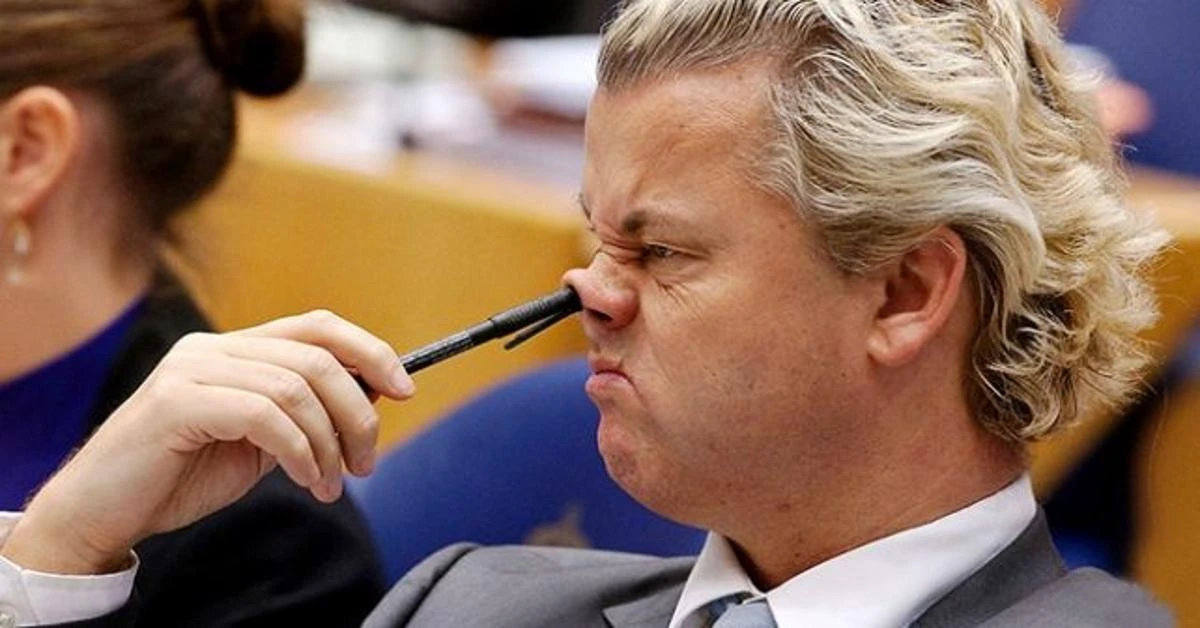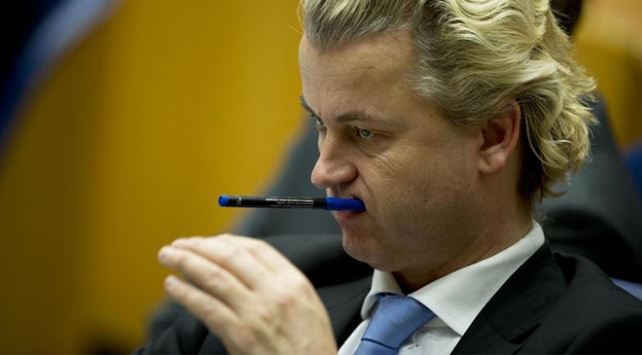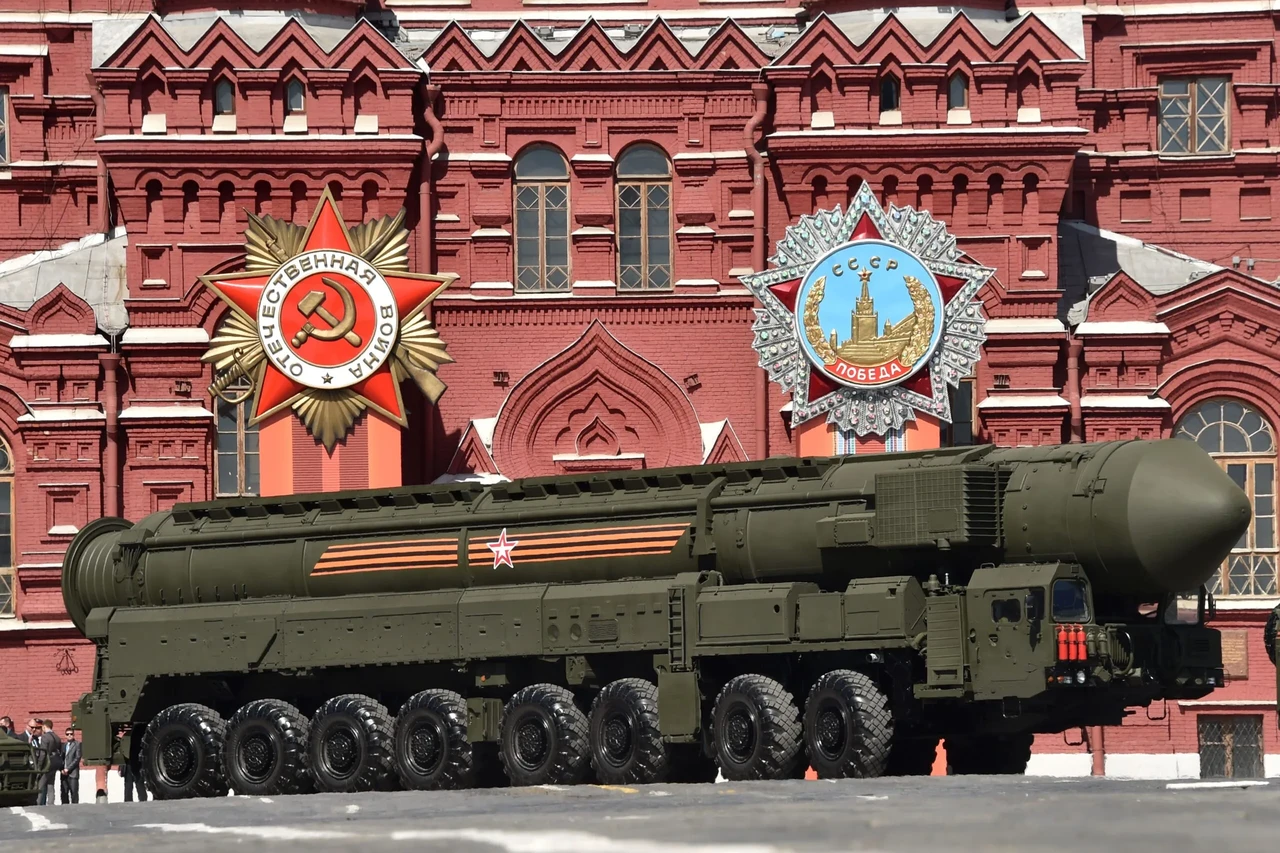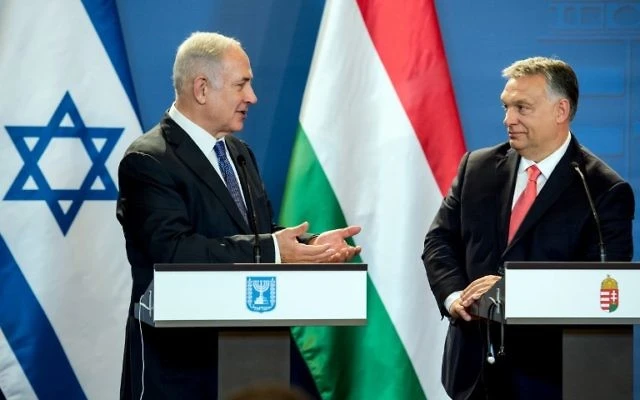Anti-Türkiye and Islam government to be formed in the Netherlands

Dutch nationalist Geert Wilders said on Wednesday he was very close to an agreement with his prospective right-wing government partners, almost six months after his election victory
With parties divided over migration policies and government finances, tense talks on forming the most right-wing government in recent Dutch history have dragged on for months since Dutch Politician, Geert Wilders’ upset election victory on Nov. 22.
“I can’t see this fail,” Wilders told reporters shortly after midnight, following 16 hours of talks during which parties said they had found agreement on government finances.
Wilders said negotiators would meet again at 10 a.m. (0800 GMT) to try and finalise finalize the deal and allow factions to respond to it before a deadline for talks expires at midnight.
A deal would see the anti-Muslim populist PVV led by Wilder’s team with outgoing Prime Minister Mark Rutte’s center-right VVD, centrist NSC, and the farmers’ protest party BBB, in a coalition with a majority of 88 seats in the 150-seat Lower House.
No details of their government pact have been announced, but Wilders has repeatedly said he would only join a government that would significantly limit asylum migration. After Tuesday’s marathon session, other party leaders also said a deal was close, although NSC’s Pieter Omtzigt said it was still unclear who would become Prime Minister.
Wilders is expected to reveal his candidate for the top job on Wednesday, after vowing to forego the role in March. The other three party leaders will also remain in parliament.

Who is Wilders?
Born on September 6, 1963 in Venlo, a city near the German border, Wilders commenced his career in 1989 within the People’s Party for Freedom and Democracy (VVD). However, disenchanted with the VVD’s moderate stance on Islam and immigration, he departed from the party and established the Party for Freedom (PVV).
Self-proclaimed as an admirer of Hungarian Prime Minister Viktor Orban, Wilders openly opposes the EU and advocates for Netherlands to have control over its borders, significantly diminishing its payments to the union, and advocating for blocking the admission of new members.
Wilders holds strong anti-Islamic and anti-immigrant views. “We will not discuss mosques, Korans, Islamic schools,” declared Wilders. His anti-Islamic discourse formed part of the Freedom Party’s policy agenda. The party had proposed the prohibition of mosques and the Koran, as well as banning Islamic headscarves in government premises.
In response to protests by Turks residing in Rotterdam following the coup attempt in 2016, Wilders made the following statement: “These individuals are not Dutch; they represent the fifth column,” emphasizing his desire to see no Turks remaining in the Netherlands.
During this period, the PVV leader also articulated, “Let’s seal the borders. Turks should be barred from entering. Not a single Turk should be permitted to enter the Netherlands anymore.”
In another parliamentary address, Wilders asserted, “This is the Dutch parliament. Only Dutch nationals should hold sway here. I reject the presence of Turks, Moroccans, or Swedes in this assembly. Do I not have the right to voice such a sentiment? This is my homeland.”
Following the second round of the presidential election, Geert Wilders, leader of the Dutch Freedom Party, expressed, “I urge all Turks in the Netherlands who supported Erdogan at the ballot to pack their belongings and relocate to Türkiye.”
In a critical rebuke aimed at Dutch Turkish voters who supported President Recep Tayyip Erdogan, Wilders conveyed on his official Twitter account, “I encourage all Turks residing in the Netherlands who endorsed the Islamofascist Erdogan to prepare for departure and relocate to Türkiye. Farewell!”
Source: Reuters



